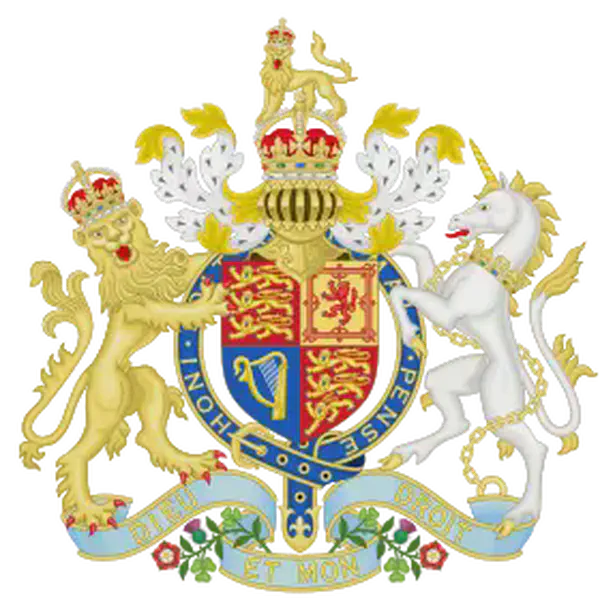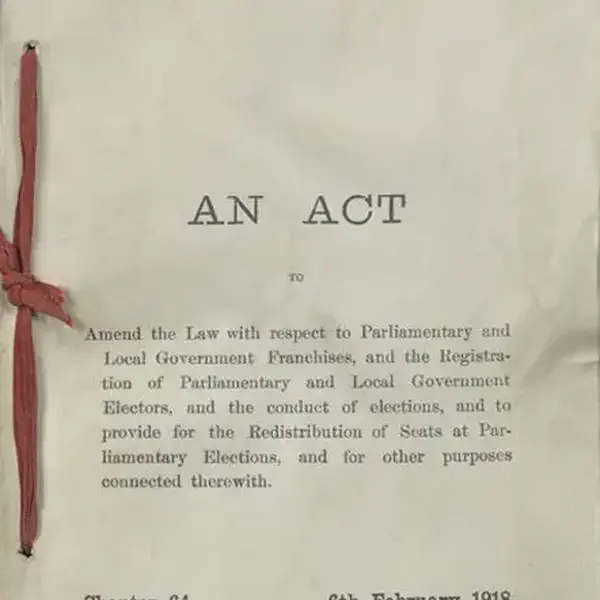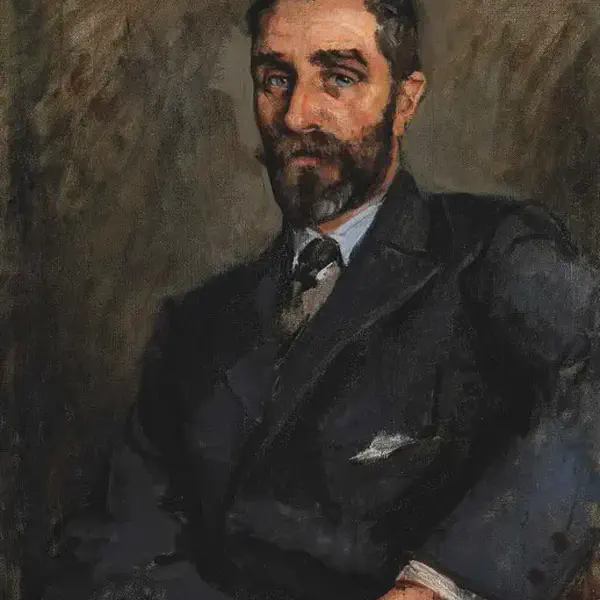
Earl Haig, Commander in Chief of British forces 1915-18, founder of the British Legion, died
Field Marshal Douglas Haig, 1st Earl Haig, often known as Earl Haig, was a senior officer in the British Army. He served as the Commander-in-Chief of the British forces on the Western Front from late 1915 until the end of World War I in 1918. His role and strategies during the war, particularly in battles such as the Somme and Passchendaele, have been subject to considerable debate and scrutiny. Following his military career, he played a significant role in establishing organizations to support war veterans, including founding the British Legion.
england

The future Queen Elizabeth II born
Elizabeth II (Elizabeth Alexandra Mary; 21 April 1926 – 8 September 2022) was Queen of the United Kingdom and other Commonwealth realms from 6 February 1952 until her death in 2022. She was queen regnant of 32 sovereign states over the course of her lifetime and remained the monarch of 15 realms by the time of her death. Her reign of over 70 years is the longest of any British monarch, the longest of any female monarch, and the second longest verified reign of any monarch of a sovereign state in history.
england

Lady Elizabeth Bowes Lyon married the Duke of York at Westminster Abbey
The first Royal wedding to take place there since 1383.
england

Airship R3 Lands in Long Island
The R.33 class of British rigid airships were built for the Royal Naval Air Service during the First World War, but were not completed until after the end of hostilities, by which time the RNAS had become part of the Royal Air Force.
england

Parliament (Qualification of Women) Act 1918
The Parliament (Qualification of Women) Act 1918 is an Act of the Parliament of the United Kingdom It gave women over 21 the right to stand for election as a Member of Parliament.
england

Armistice Day, World War I ends on the, 11th hour of the, 11th day of the, 11th month.
Armistice Day, which marked the end of World War I, occurred on the 11th hour of the 11th day of the 11th month in 1918.
england

Representation of the people Act received Royal assent, granting votes to women over the age of 30
The Representation of the People Act 1918 received Royal Assent on February 6, 1918, marking a significant milestone in the history of women’s suffrage in the United Kingdom. This act extended voting rights to certain women for the first time. Specifically, it granted the right to vote to women over the age of 30 who met certain property qualifications.
england

Roger Casement, is hanged
Roger Casement, Irish patriot, is hanged by the English in Pentonville Prison, London. He was the last to be executed as a result of the Easter Rebellion
england

Evacuation of Gallipoli Peninsula
Evacuation of Gallipoli Peninsula in the Dardanelles is completed; there are 100,000 casualties, mostly Australian, New Zealanders and Irish, in the eight-month campaign
england